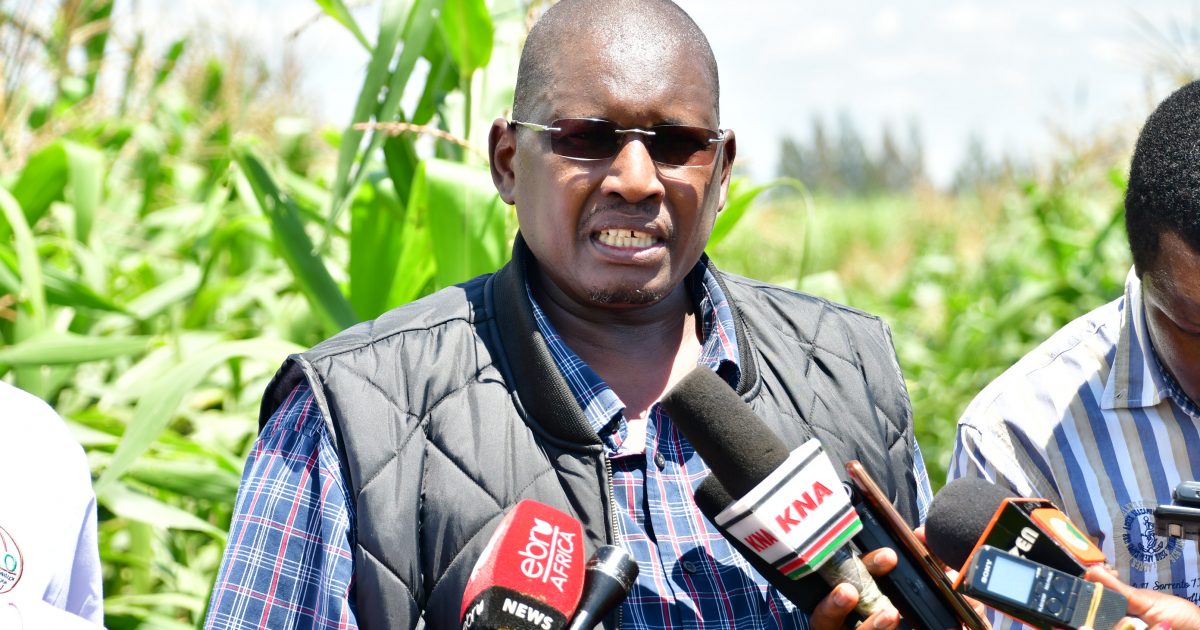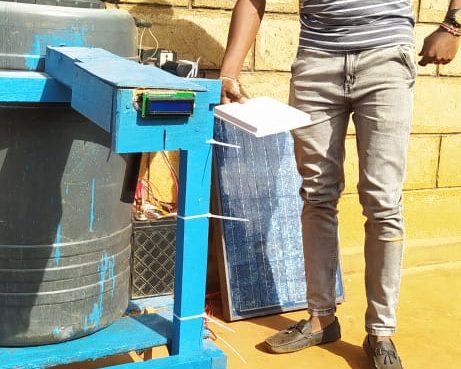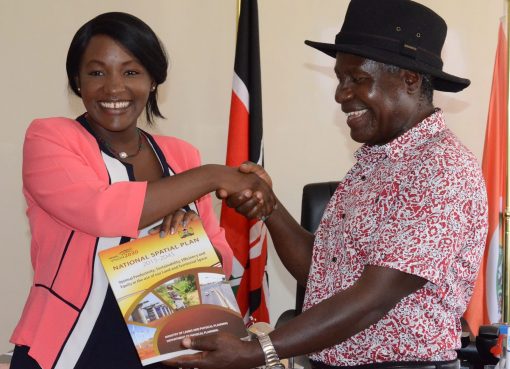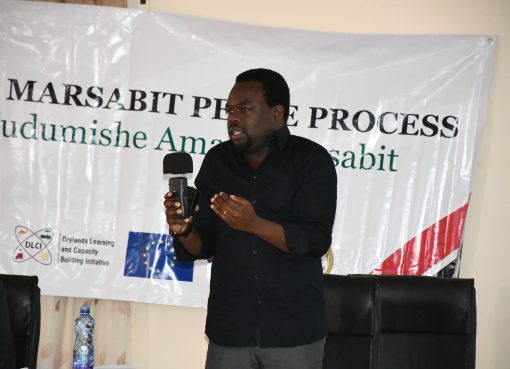Kenya has made a major step in increasing her food security following plans to start commercial growing of Genetically Modified (GM) maize variety by the year 2023.
According to Kenya Agricultural Livestock and Research Organisation (KALRO) Director General Dr Eliud Kireger, the research agency has sought approval from the Government through the National Biosafety Authority (NBA) before the new maize variety known, as Bt Maize is formally introduced in the country.
The insect protected GM maize will not only help farmers increase yields by reducing damage caused by stem-borer and insect pests by also improving yields.
The Biosafety Authority regulates research and commercial activities involving Genetically Modified Organisms (GMO) with a view to ensuring safety of human and animal health and provision of an adequate level of protection of the environment.

Speaking on Tuesday during a media sensitisation on the new maize variety at KALRO, Kibos in Kisumu, Dr Kireger isaid National Performance Trials (NPT) on new maize varieties have been successfully concluded.
“The country is losing about 40% of the 42 million bags of maize to stem-borer and other pests and we have to import to make up for the losses,” he added.
“The Bt maize has already been approved to work in other countries like South Africa, Nigeria and Malawi where the technology has helped them double their maize yields” he added.
Dr Kireger allayed fears that GM foods caused cancer, giving an assurance about the efficacy.
He said maize variety which has been developed through biotechnology will not only help Kenya attain her food security challenges, but also manage losses resulting from stem-borer and other pests.
A principal researcher of the Tela maize project, Dr James Karanja said Bt maize has been planted in six different sites in the country that represent target agro-ecological environments to test their performance.
The research Institute has already developed various varieties of the maize seeds to suit different ecological conditions ranging from low to high altitudes.
Dr Karanja said the country may import the first batch of the Bt maize seeds from South Africa before Kenya Seed Company is allowed to do multiplication of the seeds locally.
By George Kaiga





